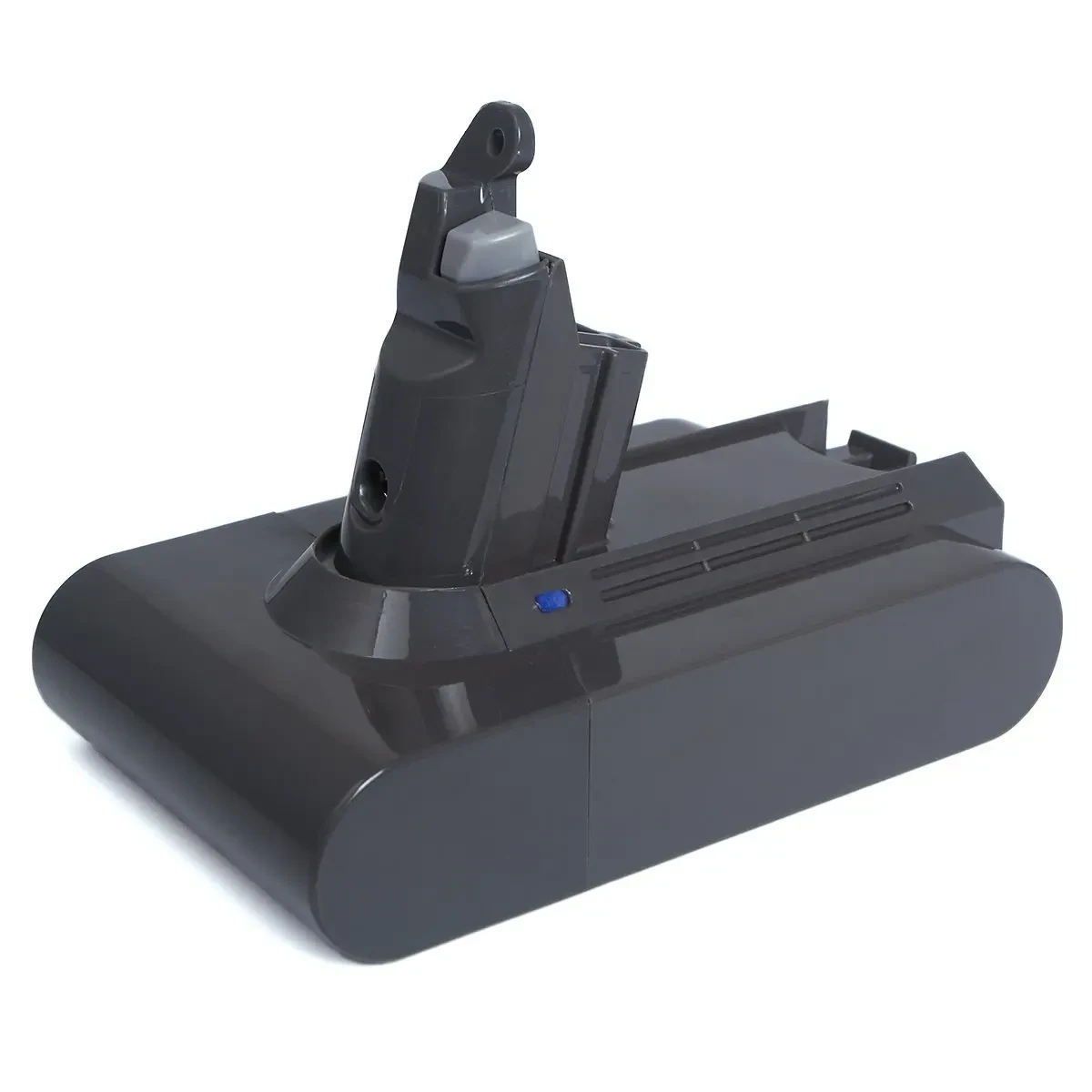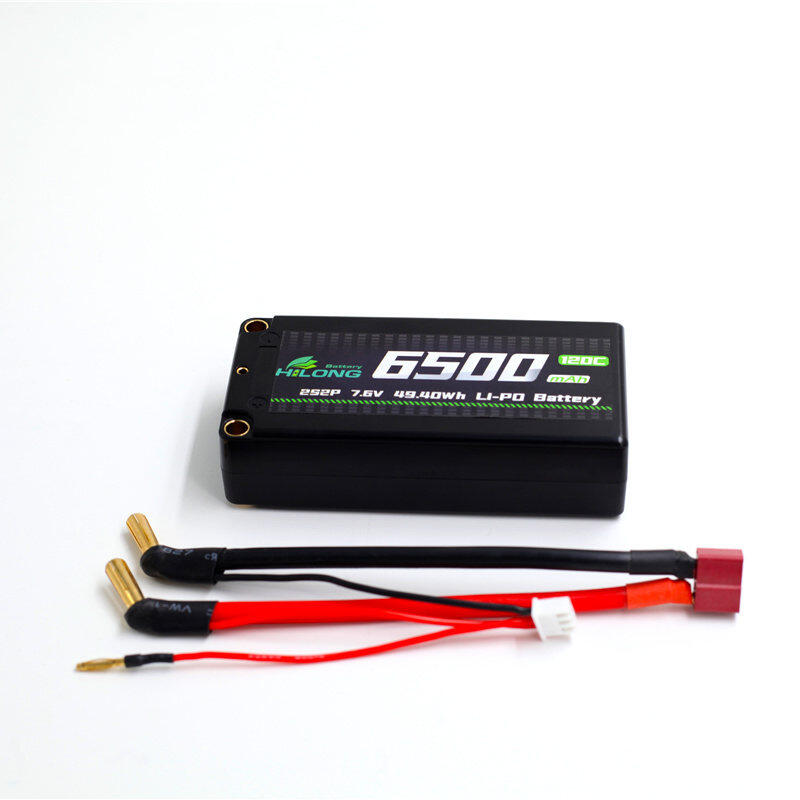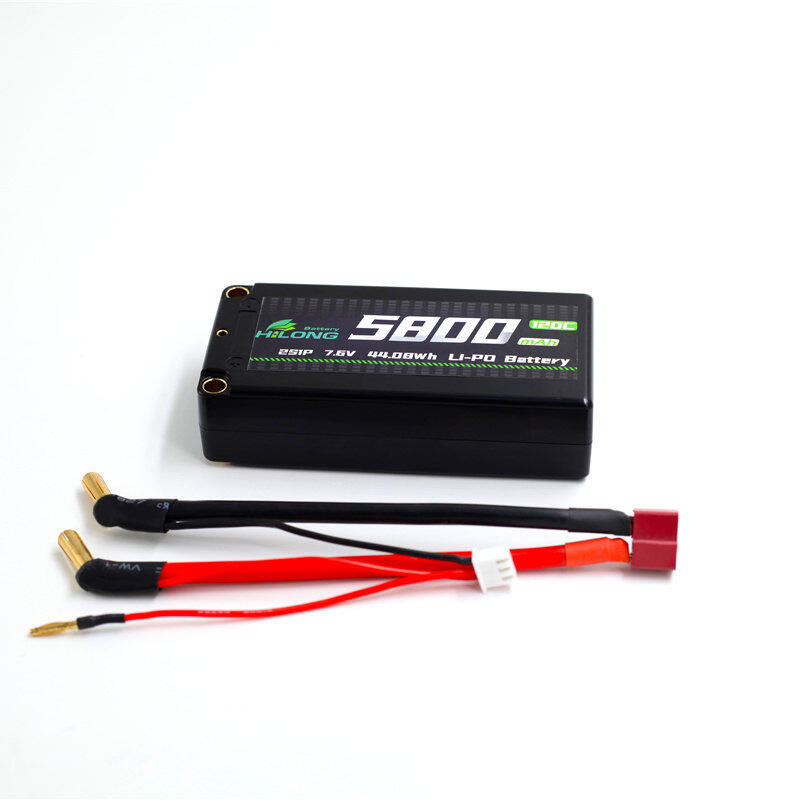Are you tired of being tethered to a power outlet while working on your DIY projects or professional jobs? Look no further than the lithium power tool battery, the game-changer in cordless technology that has changed the way we use power tools. In this comprehensive guide, we'll explore the numerous advantages of lithium-ion batteries, their applications, and essential safety tips to ensure you get the most out of your cordless tools.
Why Choose Lithium-Ion Batteries for Your Power Tools?
Lithium-ion batteries have become the preferred choice for power tool manufacturers and users alike, thanks to their superior performance and convenience compared to older battery technologies like nickel-cadmium (NiCd) and nickel-metal hydride (NiMH). Some of the key benefits of lithium power tool batteries include:
High energy density: Lithium-ion batteries pack more power into a smaller, lighter package, allowing for more compact and ergonomic tool designs.
Longer runtime: With their high energy density, lithium batteries provide extended runtime, enabling you to work uninterrupted for longer periods.
Fast charging: Lithium-ion batteries can be recharged quickly, minimizing downtime and increasing productivity.
Low self-discharge: Unlike other battery types, lithium-ion batteries have a low self-discharge rate, meaning they retain their charge for longer when not in use.
No memory effect: Lithium batteries don't suffer from the "memory effect" that plagued older technologies, so you can charge them at any point without reducing their capacity.
Applications of Lithium Power Tool Batteries
Lithium-ion batteries have found their way into a wide range of cordless power tools, catering to both DIY enthusiasts and professionals. Some common applications include:
● Drills and impact drivers
● Saws (circular, reciprocating, miter)
● Grinders and sanders
● Nail guns and staplers
● Lawn and garden tools (trimmers, blowers, chainsaws)
With the increasing popularity of lithium batteries, manufacturers have developed extensive cordless tool ecosystems, allowing users to power multiple devices using the same battery platform.
Choosing the Right Lithium Power Tool Battery
When selecting a lithium battery for your power tools, consider the following factors:
Voltage: Higher voltage batteries (e.g., 18V, 20V) offer more power and are suitable for demanding applications, while lower voltage options (e.g., 12V) are ideal for lighter tasks and more compact tools.
Amp-hour (Ah) rating: The Ah rating indicates the battery's capacity, with higher ratings providing longer runtime.
Brand compatibility: Ensure that the battery you choose is compatible with your specific power tool brand and model.
Safety and Maintenance Tips for Lithium Power Tool Batteries
To ensure the longevity and safe operation of your lithium power tool batteries, follow these guidelines:
Use original or manufacturer-approved batteries and chargers: Avoid using aftermarket or counterfeit products, as they may pose safety risks and damage your tools.
Store batteries properly: Keep batteries away from extreme temperatures, moisture, and flammable materials.
Charge batteries correctly: Follow the manufacturer's instructions for charging, and avoid overcharging or leaving batteries on the charger unattended.
Inspect batteries regularly: Check for signs of damage, swelling, or leakage, and discontinue use if any issues are found.
Dispose of batteries responsibly: Never throw lithium batteries in the trash or recycling bin; instead, take them to a designated battery recycling center.
By understanding the benefits, applications, and proper care of lithium power tool batteries, you can unlock the full potential of your cordless tools and tackle any project with confidence and efficiency.



.jpg)

